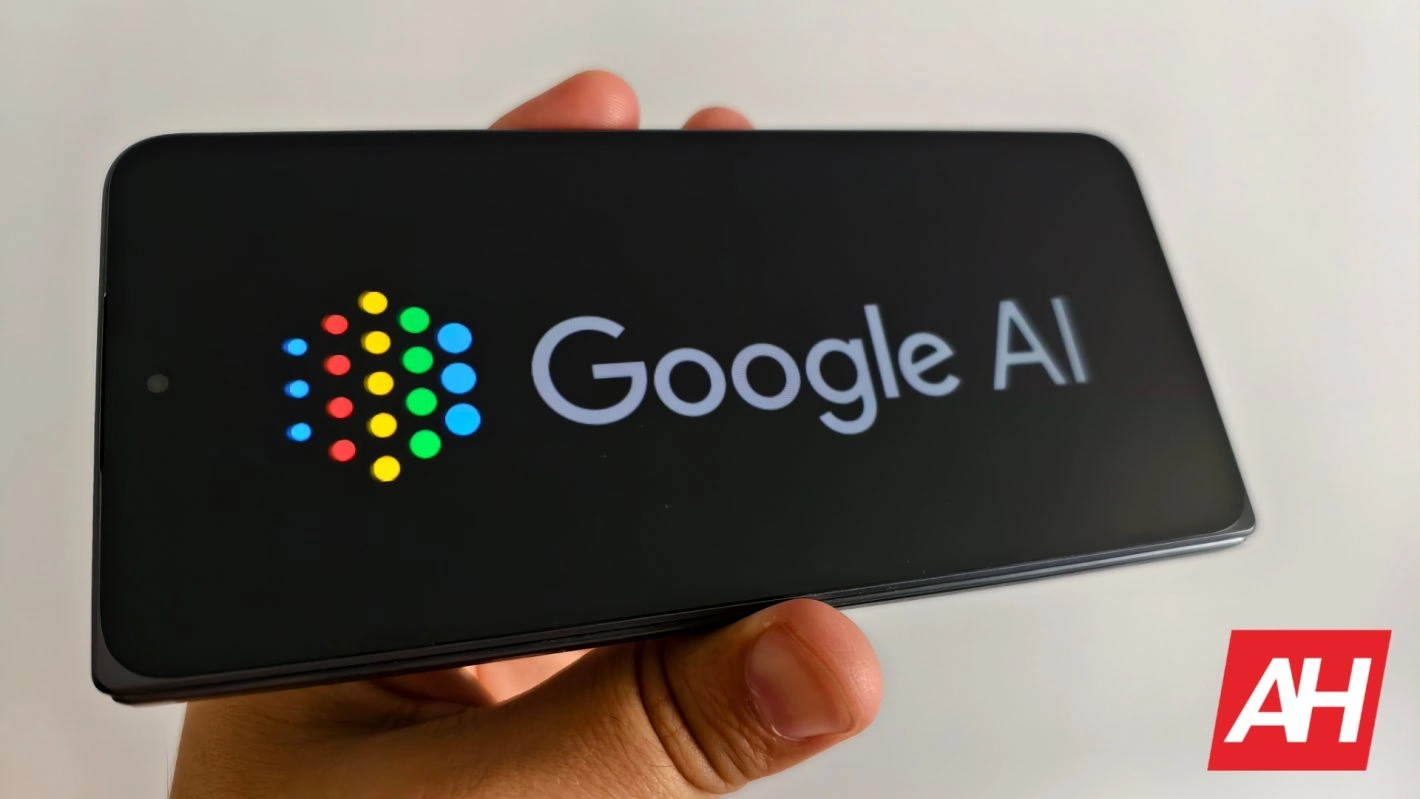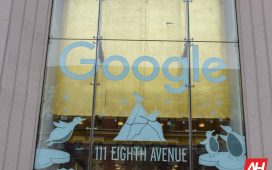In a digital landscape perpetually reshaped by innovation, few voices carry as much weight as Google CEO Sundar Pichai. In a recent, extensive interview with Nilay Patel for The Verge’s Decoder podcast, Pichai offered a candid and compelling blueprint for Google’s future in the era of artificial intelligence. Far from a mere technical update, the conversation with Google CEO delved into the philosophical underpinnings of the firm’s AI strategy, addressing everything from the evolving nature of online search to the transformative potential of AI agents. Pichai even touched on the persistent regulatory whispers surrounding the company’s powerhouse browser, Chrome.
Google CEO on the Future of Search: AI Overviews and the Open Web
At the core of Google’s public-facing AI strategy is the integration of “AI Overviews” in Search. This move has sparked considerable debate, particularly among content creators and publishers who fear a reduction in web traffic as users get summarized answers directly from Google. However, Pichai remains steadfast in his conviction that AI will ultimately benefit the open web, citing ongoing query growth and an intentional design philosophy that prioritizes sending users to diverse sources.
“Everything we see tells us that we are seeing query growth, including across Apple’s devices and platforms,” Pichai revealed, directly addressing concerns about the impact of AI Overviews. He further clarified, “What’s healthy is that the query growth is continuing to grow over time.” This suggests that far from cannibalizing clicks, AI-powered summaries might be encouraging more complex and nuanced searches, ultimately expanding the overall pie of information consumption.

Google’s role as a gatekeeper to the internet
Pichai vigorously defended Google’s role as a gatekeeper to the internet, emphasizing their commitment to driving traffic to external websites. “I think more than any other company, we prioritize sending traffic to the web,” he asserted. He acknowledged that while “Yes, there are certain questions which may get answers” directly within an AI Overview, the broader trend indicates that “the breadth of area we are sending people to is increasing.” For Pichai, Google’s design choice for AI mode is fundamentally about connectivity: “AI mode is going to have sources.” This isn’t just a technical detail; it’s a statement of intent, suggesting that Google’s AI search isn’t meant to be an information cul-de-sac but rather a sophisticated launchpad to diverse online destinations.
He also directly addressed the notion that AI signals the demise of traditional web publishing, a sentiment often voiced by critics. “I’m not fully sure I agree,” Pichai countered. He doubled down on Google’s historical commitment to fostering the web, stating, “No one sends traffic to the web in the way we do. I look at other companies, newer emerging companies, where they openly talk about it as something they’re not going to do. We are the only ones who make it a high priority, agonize, and so on. We’ll engage, and we’ve always engaged.”
Pichai pointed to tangible evidence of Google’s continued engagement with the web’s expansion, noting that the company has crawled 45% more webpages in the last two years. This growth, he argued, is not solely due to the proliferation of AI-generated content but reflects a vibrant and expanding digital ecosystem. He described the web as “becoming more dynamic, and cross-format,” indicating a shift towards richer, more interactive content that AI can help users discover.
AI Overviews lead to higher quality clicks, says Google CEO
Furthermore, Google CEO highlighted that when users do click through from AI Overviews, the quality of those clicks is higher. This implies a more efficient and satisfying user journey, where AI helps filter for relevance, leading to more engaged visitors for publishers. Google’s internal data, according to Pichai, shows that the links included in AI Overviews get more clicks than if the page had appeared as a traditional web listing for that query.

Pichai also offered a glimpse into how search will continue to evolve, moving towards a more “effortless” and “multimodal” experience. He envisioned a future where search becomes more personalized over time, not just in the results, but in how you learn well. This, powered by AI, aims to tailor the information delivery to individual learning styles and preferences.
Crucially, Pichai stressed Google’s unwavering commitment to factual accuracy in AI-powered search, distinguishing it from conversational chatbots. “We put a lot of effort in our models on paying attention to factuality. That’s a way that we make a different choice on search, compared with a chatbot. You typically have to choose between how factual it is versus how creative or how conversational it is. But in the case of [Google] Search, we have weighted factuality and put extensive work into that.” This emphasis on verifiable information is Google’s cornerstone in the evolving AI landscape, ensuring that user trust remains paramount.
The Rise of AI Agents: Your New Digital Assistants
Beyond the immediate evolution of search, Google CEO particulated a grander vision for AI’s impact, describing it as a platform shift “bigger than the internet.” He predicted that “There are going to be companies, products, and categories created that we aren’t aware of today.” This includes the burgeoning field of AI agents—intelligent systems designed to act on our behalf, performing tasks, interacting with services, and navigating the digital world with increasing autonomy.
The prospect of AI agents raises fascinating questions about new business models and the redefinition of user interactions. Patel challenged Pichai on how existing businesses, particularly those with direct customer relationships, would adapt to a world where AI agents might mediate many transactions. Pichai responded with an insightful analogy: “AI agents present a good user experience and compared the AI agent in the middle between a customer and a merchant to a credit card company that sits in between the merchant and a customer, it’s a price that a merchant is willing to pay to increase business.” This suggests that businesses might see AI agents as a valuable new channel for customer acquisition and engagement, willing to pay a “fee” for the efficiency and reach these agents could provide.
AI agents will develop their own skills
Pichai also touched upon the technical advancements underpinning these agents, noting progress in “recursive self-improving paradigms.” This means AI agents are not just executing tasks but are learning and refining their own capabilities over time, leading to increasingly efficient and intelligent systems. This self-improvement, he believes, will make AI agents “truly helpful in everyday life.”

The vision extends to a future where AI agents become highly personalized digital assistants, streamlining our daily routines. Pichai has previously stated that “AI agents will become an integral part of our daily lives, helping us with everything from scheduling appointments to managing our finances. They will make our lives more convenient and efficient.” This transformative potential, according to Pichai, could lead to a significant shift in how people interact with technology, moving from typing commands to tapping icons to ultimately having an AI agent act on their behalf, often without explicit instruction.
The Chrome Conundrum
While the primary focus of the interview remained on AI and search, the conversation briefly veered into the realm of Google’s broader ecosystem, including its browser, Chrome. In the context of ongoing antitrust scrutiny, the Department of Justice (DOJ) has, at times, put forth extraordinary proposals, including suggestions that Google should divest itself of Chrome.
Pichai has previously addressed these proposals in other public forums, including during court testimony. He has vociferously defended Google’s stewardship and investment in Chrome, arguing that such remedies would be “far-reaching” and “extraordinary.” According to reports from the Times of India and Fox Business, Pichai warned that forcing Google to share its search index and technology with competitors at “marginal cost” or to sell Chrome would “destroy Google’s competitive advantage and innovation incentives.” He even suggested it “might be hard to justify continuing to build a search engine at all” under such conditions, calling it a “de facto divestiture of search.”

He has also highlighted the significant investment Google has made in Chrome, noting that the company spent “over a billion dollars on Chrome just last year.” Pichai, who led the team that created Chrome, is deeply personally invested in its success and innovation. His stance underscores Google’s belief that its scale and comprehensive ecosystem, including Chrome, are results of innovation and investment, not anti-competitive practices.
A Future Forged by AI
Sundar Pichai’s interview painted a comprehensive picture of Google’s strategic direction. It’s a future where AI isn’t just a feature but the foundational layer for all digital experiences. From revolutionizing how we search for information to empowering intelligent agents that anticipate our needs, Google is betting big on AI to drive the next wave of innovation. While the path ahead includes navigating complex technological and regulatory challenges, Pichai’s unwavering belief in AI’s potential to transform daily life remains the guiding principle for the tech giant’s evolving vision. The open web, he insists, remains crucial, and Google, despite its transformative AI ambitions, aims to remain its staunchest champion.










